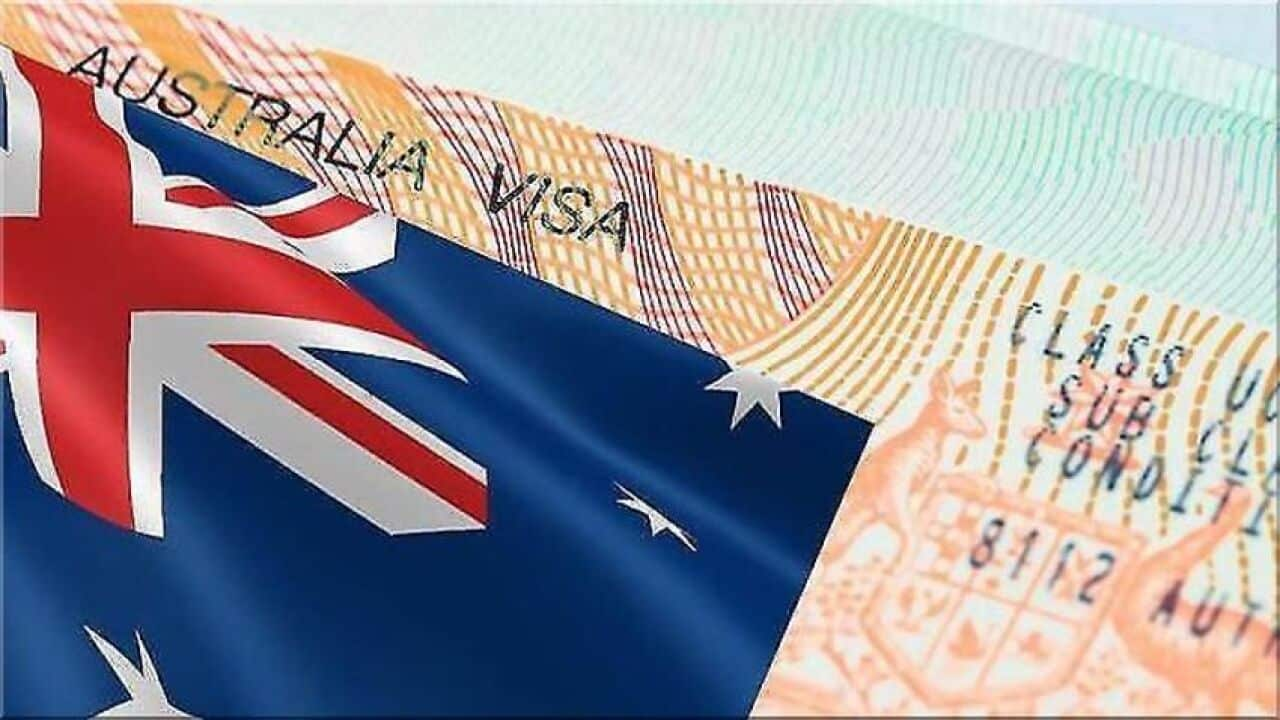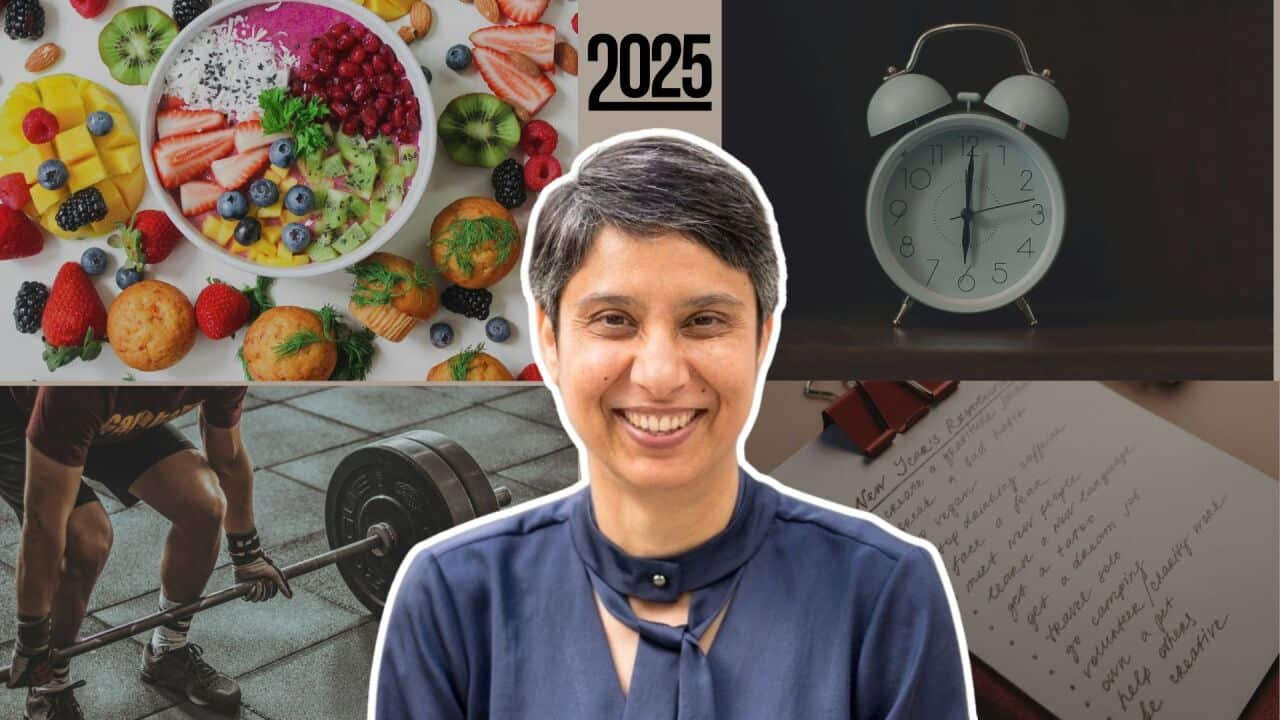Highlights
- FECCA pushes for JobKeeper and JobSeeker to Australia's temporary migrants
- 'Australia's migration intake in 2020-21 may fall by 85%': PM Scott Morrison
- FECCA endorses fastracking permanent residency of temporary migrants to support economy
Mohammad Al Khafaji, the CEO of Australia’s peak multicultural representative body, FECCA, says temporary migrants in Australia “could find themselves potentially destitute” if they are not given financial support during the Covid-19 financial crisis.
Advocating for this push, Mr Al Khafaji says “it is un-Australian to leave them out of the support that we have for everyone else.”
“Temporary migrants make huge contributions to Australia – they pay taxes and have contributed to our social and economic values. Today, they find themselves in limbo because of the coronavirus crisis. Even if they have work rights, there isn’t much work out there. They have no access to government support,” he says.
Elaborating on FECCA’s recent representations in support of temporary migrants to the federal government, Mr Khafaji says extending the JobKeeper payment to businesses which employ temporary residents and the JobSeeker programme to those who have lost their jobs because of the pandemic, has been emphasised.
“We don’t want to create hardship for such families or put pressure on charities and food banks. We know that when everything goes back to normal, these people will contribute to the Australian economy and give back manifold,” he says. Another potential after-effect of the coronavirus crisis could be the plunge in Australia’s migration intake in the coming year.
Another potential after-effect of the coronavirus crisis could be the plunge in Australia’s migration intake in the coming year.

FECCA CEO Mohammad Al Khafaji. Source: SBS
Prime Minister Scott Morrison had announced earlier this month that in the next financial year (2020-21), Australia’s net overseas migration is expected to fall by 85 per cent, largely due to the widespread international travel bans.
Pressure also appears to be mounting on the government from the opposition to restrict migrants into Australia. Evidently, an opinion piece written by Labor’s spokesperson for Home Affairs Kristina Keneally in a leading English daily earlier this month emphasised the need for Australian workers to fill job vacancies.
Taking note of this debate, FECCA says the solution may lie in fast-tracking the permanent residency of temporary skilled workers already in Australia.
“We have made many representations to the government about this. In the coming days, we’ll have more announcements to make,” he says.
“Migration is being questioned by both sides of politics at the moment. We are concerned about the language being used towards migrants like, ‘go back home now’. This gives the impression that Australia is not a welcoming country for migrants,” he adds.
“Australia should be seen as a welcoming country for migrants, a country that gives skilled migrants an avenue to permanent residency. This way, we can attract the best talent from around the world. Most people eventually want to become citizens of the country they move to,” Mr Al Khafaji explains.
He believes that with the “temporary nature” of Australia’s migration programme, most people don’t have that certainty.
“There is no cap on temporary migration, but there is a cap on permanent visas. We think that needs to be looked at and re-balanced. Migrants, especially skilled workers add huge amounts to the Australian economy and without those people the economy will not bounce back as soon as we’d like to see it,” Mr Al Khafaji emphasises.
When asked if migrants of Indian origin, considering their large numbers in Australia’s skilled workforce, should be given preference while granting permanent residency, Mr Al Khafaji said the “immigration programme should not discriminate on the basis of nationality”.
Listen to the podcast in English by clicking on the player inside the picture at the top of the page.
People in Australia must stay at least 1.5 metres away from others. Check your state’s restrictions on gathering limits.
Testing for coronavirus is now widely available across Australia. If you are experiencing cold or flu symptoms, arrange a test by calling your doctor or contact the Coronavirus Health Information Hotline on 1800 020 080.
The federal government's coronavirus tracing app COVIDSafe is available for download from your phone's app store.
SBS is committed to informing Australia’s diverse communities about the latest COVID-19 developments. News and information is available in 63 languages at








